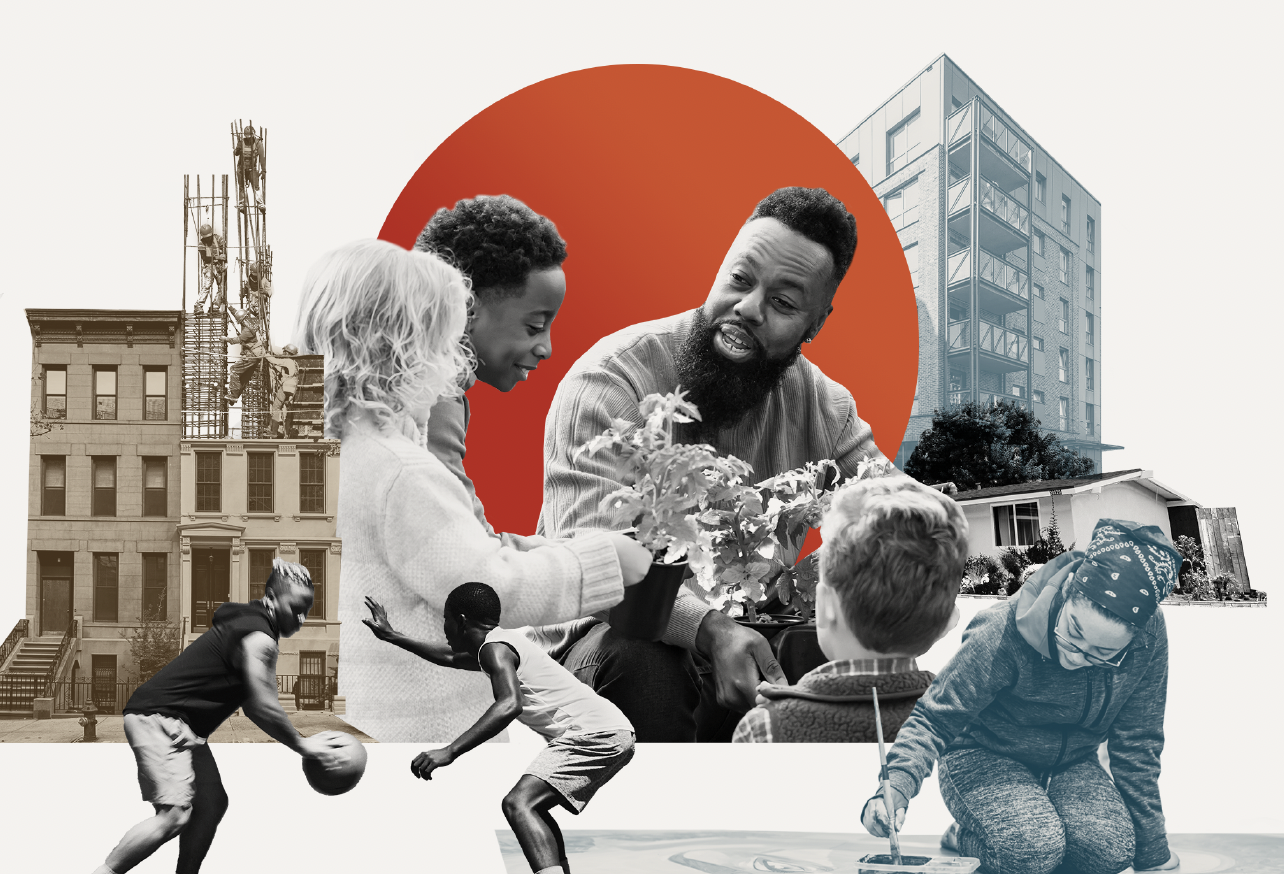Navigating important conversations about race and racism
Building a just America requires talking about the impacts of racial hierarchy, structural racism, and racial and ethnic discrimination. How we discuss these issues makes a difference: poor framing can reinforce misconceptions about communities of color and derail efforts to advance justice.

What the Research Tells Us
Take care with the theme of “progress.”
Messages about progress often evoke the dominant narrative that, thanks to the Civil Rights Movement, America overcame its racist past in the 1960s.
Tap into higher aspirations.
Offer a positive vision of what a racially just future would look like. It can help to both open and close with this affirmative, aspirational framing.
Speak to history.
Give concrete examples of past policies motivated by racial animus, then show how they connect to the policies or conditions of today.
